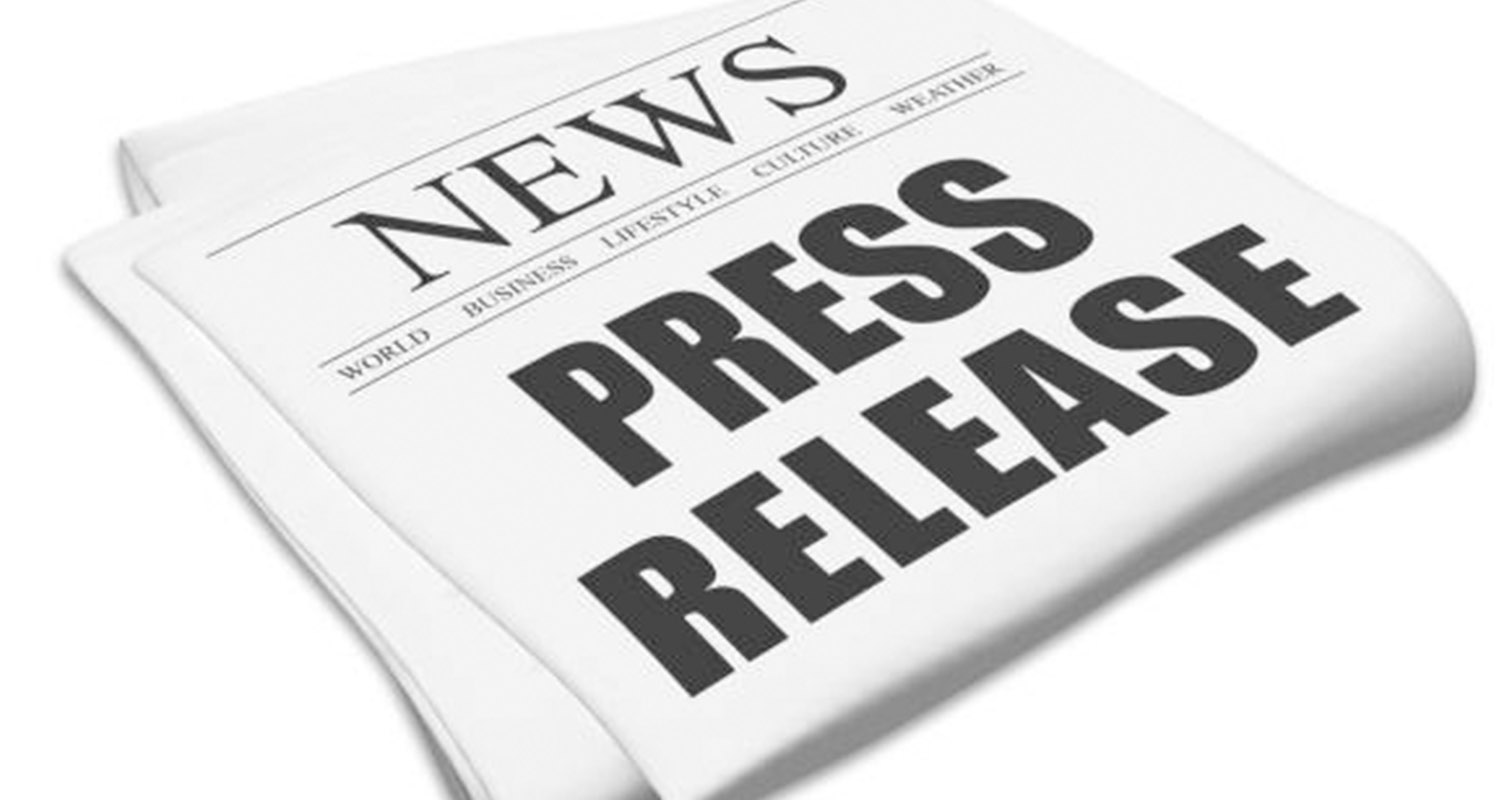
Help Nigeria Students to distinguish between Fake and Authentic News
In a season when untrue news is gradually influencing the outcome of activities and inciting violence all over the world, there is a dire need to expunge the internet of false news, rumors, unverified information and misinformation. This is where FactCheck Initiative (FCI) comes in; keeping in check and overriding the menace of fake news and misinformation which has proven to be an arduous obstacle to news coverage and the general public.
In 2019, our research team at FCI submitted findings indicating that young people were unable to correctly evaluate information they found online. It was discovered that well above seventy percent (70%) of middle-school students could not determine a paid story tagged as “sponsored post” from an authentic news article.
It is therefore for this reason we have taken it upon ourselves to facilitate an intensive fact-checking training workshop for students from various schools who will be taught standard fact-checking methodologies to be integrated with best-practice lessons coupled with techniques obtained through interviews granted by ethical professionals in the industry. It will also include animated discussions bordering on accuracy, responsibility, and bias in news coverage with lessons on exposing verifiable sources in fact-checking, debunking viral misinformation, and deciding if a statement can be verified.
The aim of this workshop will be to highlight journalistic and research fact-checking endeavours all over the globe. Fact-checking journalists who face challenges posed by misleading rhetoric from bloggers, politicians and government officials and the misuse of social media platforms as launching pads for viral misinformation will have their best practices developed, tested and demonstrated.
Major areas of focus include:
Relevance
* How current is the information?
* When was the information posted?
* Has it been updated?
Reliability
* How reliable is the information?
* Are there references or sources provided by the author?
* What proofs indicate that the information is reliable?
Originality
* Who is the creator or author of the information? What are their credentials?
* Who published and sponsored the information? Is this a reputable source of information?
Purpose/Mission
*What is the purpose of this information? Is it intended to inform, entertain, persuade or disuade?
*Does the information sound like a fact or opinion? Any bias detected?
* Is the creator or author attempting to sell you something?
You can visit here to donate. Thank you.


